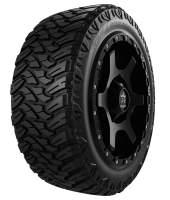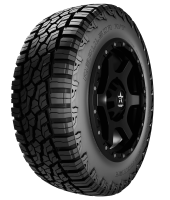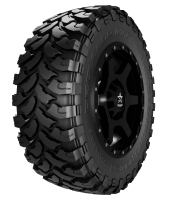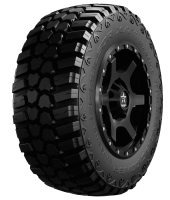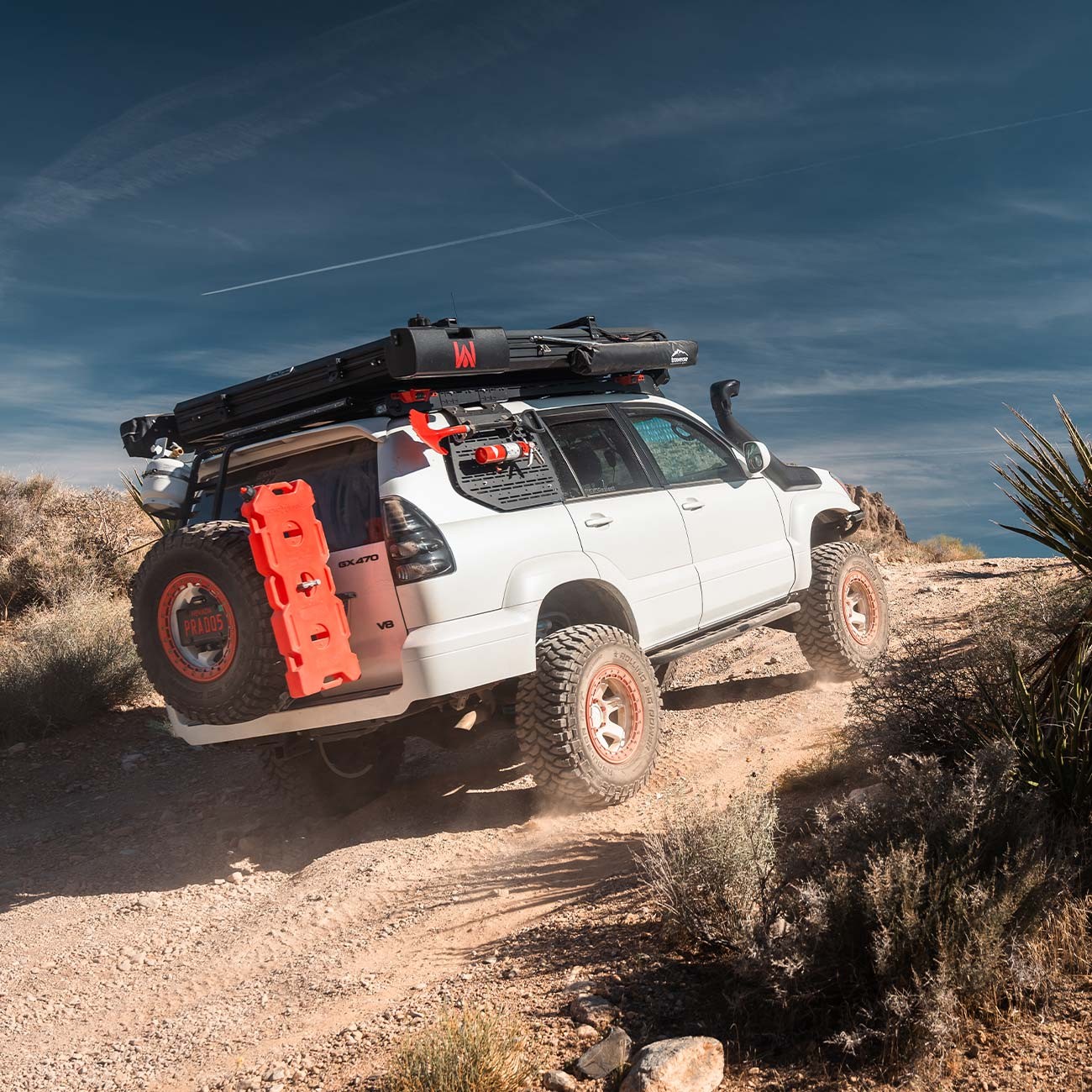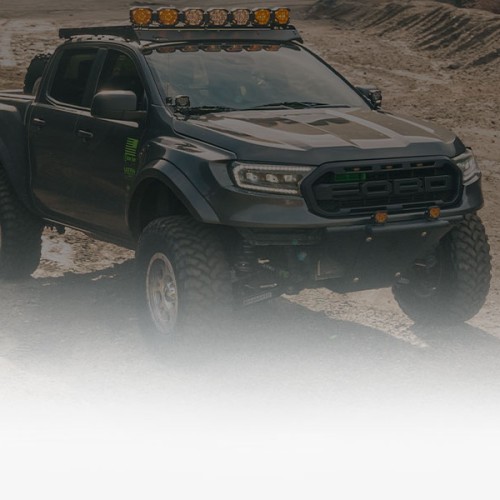OFF-ROAD TIRES ON PAVED ROADS
Let’s look at how off-road tires operate on paved roads. Off-road tires have deeper treads and larger voids than street tires. This is done to improve traction in mud, sand, and snow. However, on paved roads, these features can cause the tires to hydroplane more easily. Hydroplaning occurs when a tire rides up on a film of water, resulting in a loss of traction. This can be dangerous, especially at high speeds.
Off-road tires are also typically heavier than street tires. This extra weight can reduce fuel efficiency. Additionally, the larger voids in off-road tires can allow dirt and rocks to collect, which can further reduce fuel efficiency.
So, how do off-road tires affect on-road performance and fuel efficiency? The answer depends on the specific tire and the conditions in which it is being used. In general, off-road tires will provide better traction on rough terrain, but they will also have a higher risk of hydroplaning and reduced fuel efficiency on paved roads.
That said, it’s important to note that off-road vehicle enthusiasts are aware of these issues, and that they typically know that they are trading fuel efficiency for off-road performance.
